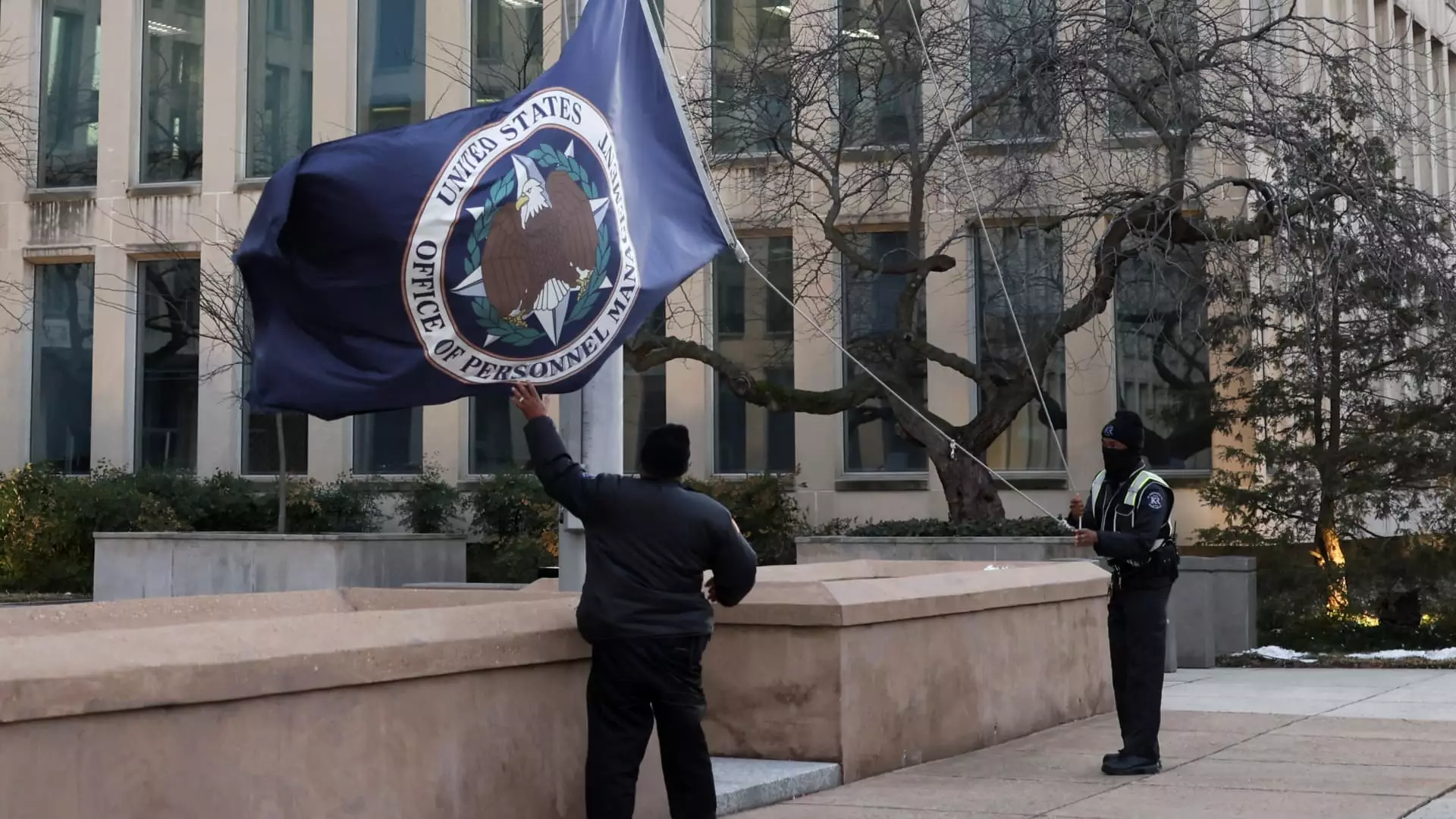In a significant ruling on Thursday, a federal judge addressed the authority of the Office of Personnel Management (OPM) regarding employment directives affecting federal agencies. Judge William Alsup of the Northern District of California labeled prior instructions issued by the OPM as “illegal” and mandated their immediate rescission. This decision follows a directive communicated to federal agencies emphasizing the need to swiftly evaluate the retention of probationary employees. Judge Alsup asserted that the OPM overstepped its boundaries, fundamentally questioning the legitimacy of its power to dictate employment practices across various agencies.
During the proceedings, Judge Alsup was unequivocal about the limitations of the OPM’s authority. He stated emphatically, “The Office of Personnel Management does not have any authority whatsoever… to hire and fire employees within another agency.” This declaration not only casts doubt on the OPM’s previous actions but also suggests a broader legal implication for its role in the federal employment landscape. The judge clarified that while the OPM can manage its own personnel decisions, it lacks jurisdiction over how agencies manage their own employees. Such a characterization of the OPM’s powers is crucial for understanding the legal framework surrounding federal employment, especially in light of recent events that have stirred controversy about the treatment of probationary employees.
Probationary employees, often considered essential for fostering innovation and revitalization within government structures, were central to the judge’s argument. Describing these employees as the “lifeblood” of the federal workforce, he emphasized their importance in sustaining a dynamic and adaptive government workforce. The ruling casts a spotlight on the precarious state of probationary employment, suggesting that protections and considerations should be in place to ensure that dismissals are not made arbitrarily or excessively.
Danielle Leonard, representing the plaintiffs, articulated a pressing concern about the government’s position on probationary employment. She argued that the current approach suggested a troubling shift towards a model where federal workers can face termination without due process or appropriate oversight. The implications of this ruling resonate beyond the current case, potentially stirring a reevaluation of existing practices surrounding probationary employment and the responsibilities that agencies hold in such matters.
A compounded issue raised during the hearings addressed the transparency of the OPM’s directives. Leonard criticized the government for operating under a veil of secrecy, particularly regarding widespread instructions that could adversely affect large numbers of employees. The contention that federal workers, particularly probationary employees, could be subjected to abrupt termination without full disclosure of the governing processes raises critical questions about accountability within government institutions. The dialogue between Judge Alsup and government representatives highlighted the necessity for transparency and ethical considerations in how federal agencies manage their workforce.
In light of these developments, Judge Alsup has called for a hearing involving Charles Ezell, the acting director of the OPM. The date of this hearing remains uncertain, but it signals an ongoing examination of the OPM’s authority and actions in relation to federal employment practices. The upcoming testimony may serve as a pivotal moment for reassessing the role of the OPM and the implications of its past directives on federal employees.
The ruling by Judge Alsup is a crucial reminder of the checks and balances necessary within federal employment systems. The questions surrounding the authority and actions of the OPM emphasize the need for clear and responsible governance in employment practices. As this case unfolds, it could lead to substantial changes in how federal agencies approach employment decisions, particularly regarding probationary staff. The ruling underscores a fundamental principle—employment practices within federal agencies should not only be legal but also transparent and just. This case serves as a vital point of reflection for the future of public personnel management in the United States.


Leave a Reply